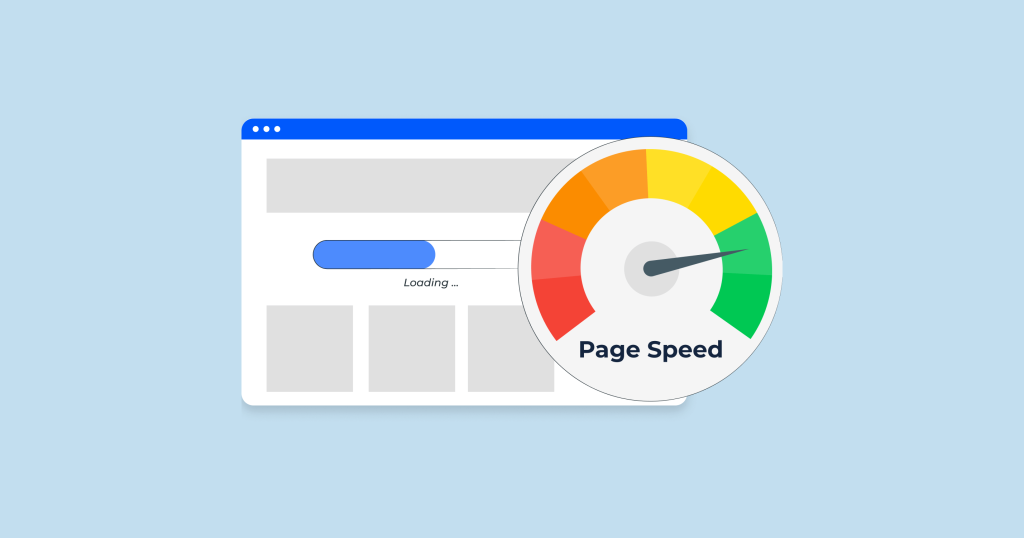
In today’s fast-paced digital world, website loading speed plays a critical role in determining overall performance and user satisfaction. As attention spans dwindle and expectations for instant gratification rise, users are increasingly intolerant of slow-loading websites. Understanding the relationship between loading speed and website performance is essential for businesses looking to succeed online. Here’s why loading speed matters and how it impacts website performance:
1. User Experience: Website loading speed directly impacts user experience. Studies have shown that users are quick to abandon websites that take too long to load. A slow-loading website frustrates visitors, leading to higher bounce rates and lower engagement. On the other hand, a fast-loading website provides a seamless and enjoyable browsing experience, keeping users engaged and encouraging them to explore further.
2. Page Abandonment: The longer it takes for a web page to load, the higher the likelihood of page abandonment. Research indicates that even a one-second delay in page load time can result in a significant increase in bounce rates. Users expect webpages to load quickly, and if they encounter delays, they are likely to abandon the site and seek alternatives. Minimizing loading times is crucial for reducing bounce rates and retaining visitors.
3. Search Engine Rankings: Website loading speed is a crucial factor in search engine rankings. Search engines like Google prioritize user experience and consider loading speed when ranking web pages. Websites that load quickly are more likely to rank higher in search results, leading to increased visibility and organic traffic. Conversely, slow-loading websites may be penalized in search rankings, resulting in lower visibility and fewer clicks.
4. Conversion Rates: Website loading speed directly impacts conversion rates. Studies have shown that faster-loading websites tend to have higher conversion rates, as users are more likely to complete desired actions, such as making a purchase or filling out a form. Slow-loading websites, on the other hand, hinder the conversion process and can lead to lost sales and missed opportunities. Optimizing loading speed can significantly improve conversion rates and drive business growth.
5. Mobile Experience: With the rise of mobile browsing, website loading speed is even more critical. Mobile users expect fast and responsive websites, and slow-loading pages can be particularly frustrating on mobile devices with limited bandwidth and processing power. Optimizing loading speed for mobile users is essential for providing a positive mobile browsing experience and retaining mobile traffic.
6. User Engagement: Website loading speed impacts user engagement metrics such as time on site and pages per session. A fast-loading website encourages users to explore multiple pages and spend more time interacting with the content. Conversely, a slow-loading website leads to shorter session durations and fewer page views. By optimizing loading speed, businesses can increase user engagement and encourage deeper interactions with their website.
7. Competitive Advantage: Loading speed can also provide a competitive advantage in crowded marketplaces. In industries where multiple competitors offer similar products or services, a faster-loading website can differentiate a business from its competitors and attract more customers. Providing a superior user experience through faster loading times can help businesses stand out and gain a competitive edge.
In conclusion, loading speed significantly impacts website performance, affecting user experience, engagement, and conversion rates. Faster loading times lead to higher satisfaction and lower bounce rates, ultimately boosting overall performance metrics. Collaborating with a proficient web development company in Mohali ensures optimized website speed through efficient coding practices and performance enhancements, thus maximizing user satisfaction and business outcomes.